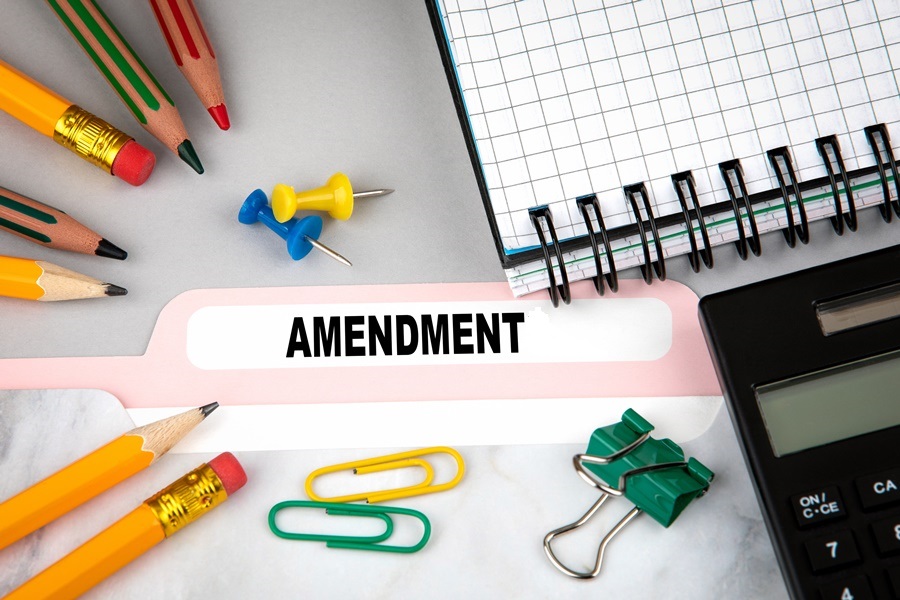
The issue of Supplemental Register vs. Principal Register frequently arises during the US trademark application process. If you’ve read my article titled “What is the Supplemental Register for US Trademarks?,” you already know that the United States Patent and Trademark Office (USPTO) maintains two separate trademark registers. To recap, the Principal Register is reserved for trademarks that are considered under the law to be “distinctive.” In contrast, the Supplemental Register is for non-distinctive marks, which are trademarks that have not yet acquired distinctiveness or “secondary meaning” in the minds of consumers. I encourage you to read my previous article regarding the Supplemental Register so that you better understand the information presented here.




